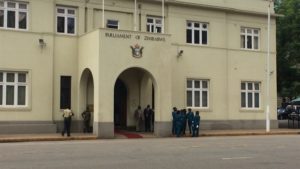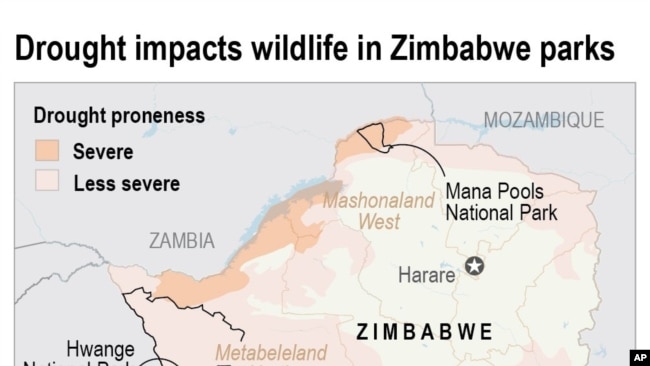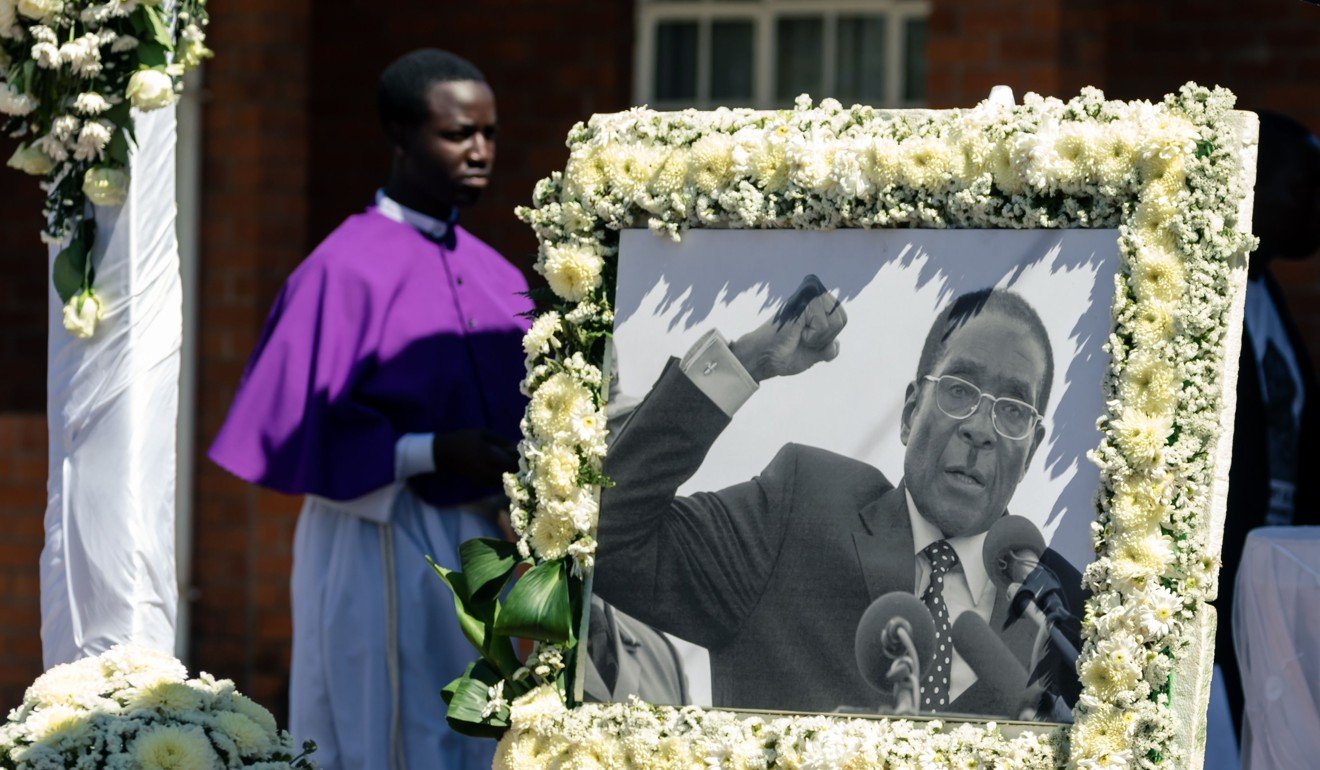
Both Houses of Parliament Will be Sitting This Week
The 2020 National Budget Presentation will be on Thursday 14th November
The Senate and the National Assembly last sat on Thursday 24th October. Since then MPs have been occupied mainly with Budget business. From 30th October to 4th November their time was committed to the Pre-Budget Seminar at the Victoria Falls – an occasion for interaction between MPs and Ministers, particularly the Minister of Finance and Economic Development, and advisers on the priorities and content of the coming 2020 National Budget. The Speaker of the National Assembly, Hon Jacob Mudenda, opened the Seminar with a thoughtful keynote address [full text available on the Veritas website [link]].
This week it will be business as usual in both Houses on Tuesday and Wednesday afternoons – unless the Speaker is ready to clarify two current thorny issues, both of them referred to in Bill Watch 57/2019 of 7th November [link]:
- the penalty he imposed on MDC-A MPs for disrespecting the President at the opening of the session on 1st October [forfeiture of sitting allowances] and
- his ban on MDC-A asking questions during National Assembly Question Time on 23rd October.
Budget Presentation on Thursday
On Thursday afternoon the Minister of Finance and Economic Development will present the 2020 National Budget to the National Assembly. Senators will listen by media link to the presentation in the comfort of the Senate, instead of the usual Thursday afternoon Question Time.
In the remainder of this bulletin we cover the latest developments on the group of Bills passed by Parliament in the last session but not yet gazetted as law. This will be followed by what is due to come up in both Houses under the heading of business as usual on Tuesday and Wednesday.
Bills Sent to the President for Assent and Gazetting as Acts
Parliament sent three Bills to the President on 5th November, and gave public notice of this action [as required by section 131(5) of the Constitution] in General Notices 2040, 2041 and 2042/2019 published in the Government Gazette of 8th November:
Microfinance Amendment Bill
Maintenance of Peace and Order Bill
Companies and Other Business Entities Bill.
Section 131 allows the President 21 days in which to decide whether to assent to a Bill or to return it to Parliament for reconsideration.
Note: Only one Bill passed by Parliament during the last session still has to go to the President – the Consumer Protection Bill.
Coming Up in the National Assembly
Lapsed Bills to be restored to the Order Paper
On Tuesday 12th November item 1 on the Order Paper will be a motion by the Minister of Justice, Legal and Parliamentary Affairs seeking the approval of the House for the restoration of six lapsed Bills to the Order Paper at the stage reached in the last session. The following list shows the stage reached previously for each of these Bills:
Zimbabwe Investment and Development Agency Bill [Committee Stage in National Assembly to be completed, including consideration of amendments proposed by the Portfolio Committee on Industry and Commerce]
Money Laundering and Proceeds of Crime Amendment Bill [for Second Reading stage]
Coroner’s Office Bill [for continuation of Second Reading debate]
Marriages Bill [waiting for Parliamentary Legal Committee [PLC] report]
Freedom of Information Bill [waiting for PLC report]
Education Amendment Bill [waiting for resolution of last-minute disagreement between the Houses, the National Assembly having rejected an amendment made by the Senate]
All these Bills lapsed at the end of the last session because they had not been completed. Standing Order 161(1) allows the House to approve the Minister’s motion – a means of avoiding wasting work devoted to a Bill by MPs and Parliamentary staff – and the expense incurred in carrying out that work.
Note: The Zimbabwe Media Commission Bill also lapsed at the end of the last session while it was under consideration by the PLC after its First Reading [but is missing from the Minister’ motion].
Gazetted Bills Now Ready to be Presented
The following Bills, having been gazetted more than fourteen days ago, all qualify for presentation and First Reading and then automatic referral for consideration by the Parliamentary Legal Committee – which means that presentation may occur this week:
Reserve Bank of Zimbabwe Amendment Bill
International Treaties Bill
Constitutional Court Bill
The Veterans of the Liberation Struggle Bill, which was only gazetted on 1st November, does not yet qualify for presentation and First Reading.
International Agreements for Parliamentary Approval
Two international agreements are listed for approval in terms of section 327(2) of the Constitution. Approval by both Houses of Parliament will clear the way for Zimbabwe to ratify these agreements.
Economic Partnership Agreement between the UK and Eastern and Southern African States
This agreement was signed on behalf of Zimbabwe on 31st January 2019.
Framework Agreement of the International Solar Alliance
This agreement was signed on behalf of Zimbabwe on 17th July 2018.
Motions
Two partly-debated motions are items 4 and 5 on the Order Paper:
- the vote of thanks for the President’s speech at the opening of this session;
- the anti-sanctions motion, debate on which terminated abruptly in great disorder on Thursday 24th October, just as Hon Biti entered the chamber to make his contribution [see Bill Watch 57 of 7th November [link]].
Take note motions on reports
Items 6 to 15 on the Order Paper are motions for the House to take note of various reports including include the report of the Public Accounts Committee [PAC] on Compliance Issues for the Reserve Bank, and a report on the Benchmarking Visit to the Parliament of Zambia by a delegation of some members of the PAC.
These reports will be posted on the Veritas website when they become available, which will be once the take note motions have been moved.
Question Time
This is due to go ahead on Wednesday, Questions Without Notice being allotted the first hour and Questions With Notice the next hour. Hon Madzimure has 7 questions with notice listed, including asking the Minister of Public Service, Labour and Social Welfare for details of distribution of food to the elderly in his Kabuzuma constituency and several for the Minister of Local Government, Public Works and National Housing seeking information on a large number of allegedly irregular land allocations and transfers in the constituency. Hon S. Chamisa has 5 questions listed, including some for the same Minister seeking information on progress with issuing of title deeds to Mbare residents and construction of a secondary school in Mbare, and the official attitude towards returning vehicle licensing functions to local authorities to enable them to maintain roads.
Coming up in the Senate
The Senate will continue debating the motion for a vote of thanks to the President for his address opening this Parliamentary session and the anti-sanctions motion. Both debates started during the first working sittings of the Houses on 22nd, 23rd and 24th October.
As already noted above, the Senate’s usual Thursday afternoon Question Time will not take place. Instead, Senators will remain in their own chamber to listen by media link to the 2020 Annual Budget presentation in the National Assembly.
Veritas makes every effort to ensure reliable information, but cannot take legal responsibility for information supplied.
Post published in: Featured











 Olga V. Mack is the CEO of
Olga V. Mack is the CEO of 
 Tom Kulik is an Intellectual Property & Information Technology Partner at the Dallas-based law firm of
Tom Kulik is an Intellectual Property & Information Technology Partner at the Dallas-based law firm of 
 Kathryn Rubino is a Senior Editor at Above the Law, and host of
Kathryn Rubino is a Senior Editor at Above the Law, and host of 
 Jill Switzer has been an active member of the State Bar of California for over 40 years. She remembers practicing law in a kinder, gentler time. She’s had a diverse legal career, including stints as a deputy district attorney, a solo practice, and several senior in-house gigs. She now mediates full-time, which gives her the opportunity to see dinosaurs, millennials, and those in-between interact — it’s not always civil. You can reach her by email at
Jill Switzer has been an active member of the State Bar of California for over 40 years. She remembers practicing law in a kinder, gentler time. She’s had a diverse legal career, including stints as a deputy district attorney, a solo practice, and several senior in-house gigs. She now mediates full-time, which gives her the opportunity to see dinosaurs, millennials, and those in-between interact — it’s not always civil. You can reach her by email at 
